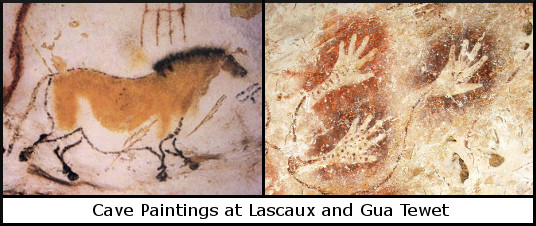Nicolas Chamfort? Horace Walpole? Anonymous?
Question for Quote Investigator: The relationships between chance, luck, fate, and providence are often disputed. One viewpoint holds that no event occurs at random; instead, there is an underlying purpose or design though it may be hidden or opaque. Here is an adage encapsulating that thought:
Chance is the nickname of Providence.
Would you please explore this statement?
Reply from Quote Investigator: A precursor to the adage appeared in a 1777 letter written by Horace Walpole who was pioneer of gothic literature and a notable historian of art. The letter was addressed to the Countess of Ossory, and it was published by 1848. Boldface has been added to excerpts:1
. . . what is called chance is the instrument of Providence and the secret agent that counteracts what men call wisdom, and preserves order and regularity, and continuation in the whole . . .
The earliest evidence of a strong match known to QI was from the pen of the famous French epigrammatist Nicolas Chamfort who died in 1794. A collection of his works was published in 1795 that included a set of “Maximes et Pensées” (Maxims and Thoughts) containing the following two-part statement:2
Quelqu’un disait que la Providence était le nom de baptême du Hasard, quelque dévot dira que le Hasard est un sobriquet de la Providence.
Here was one possible translation into English:
Someone said that Providence was the baptismal name of Chance; some pious person will say that Chance is a nickname of Providence.
Chamfort’s complex remark intertwined and counterposed teleology, theology, probability, and contingency.
Below are additional selected citations in chronological order.
Continue reading “Quote Origin: Chance Is the Nickname of Providence”